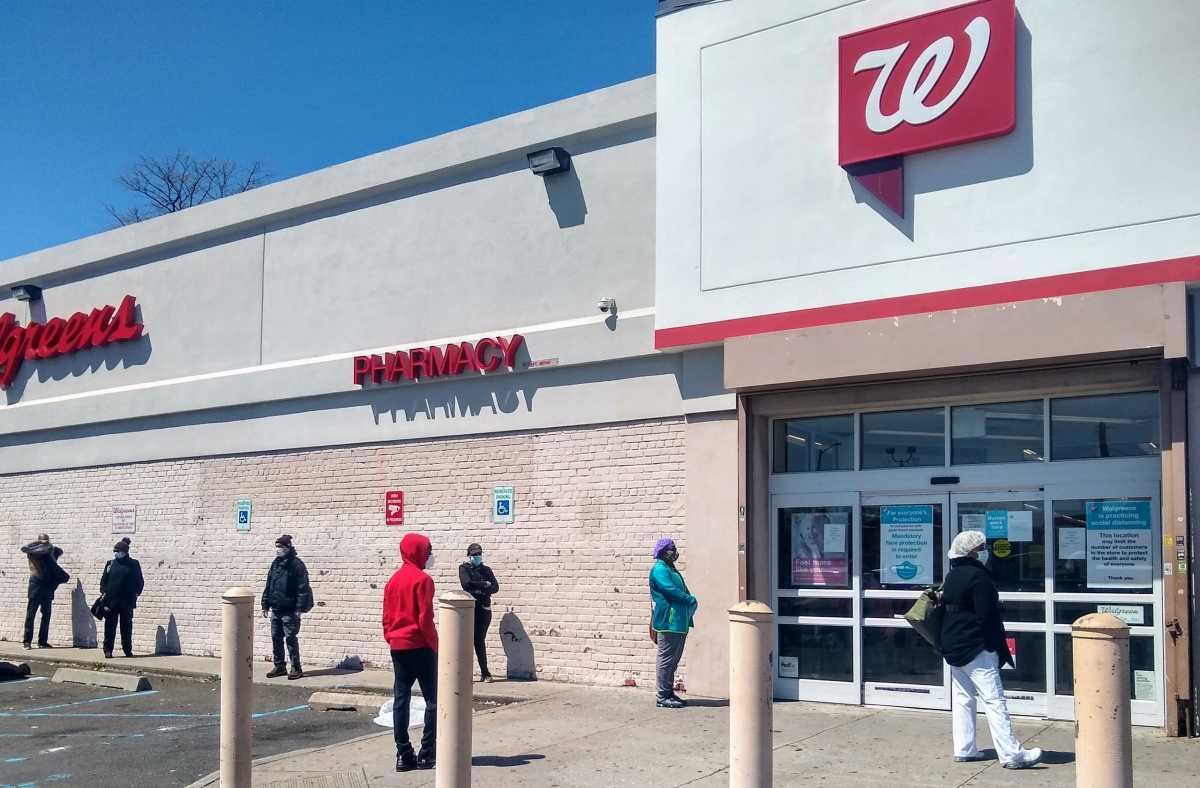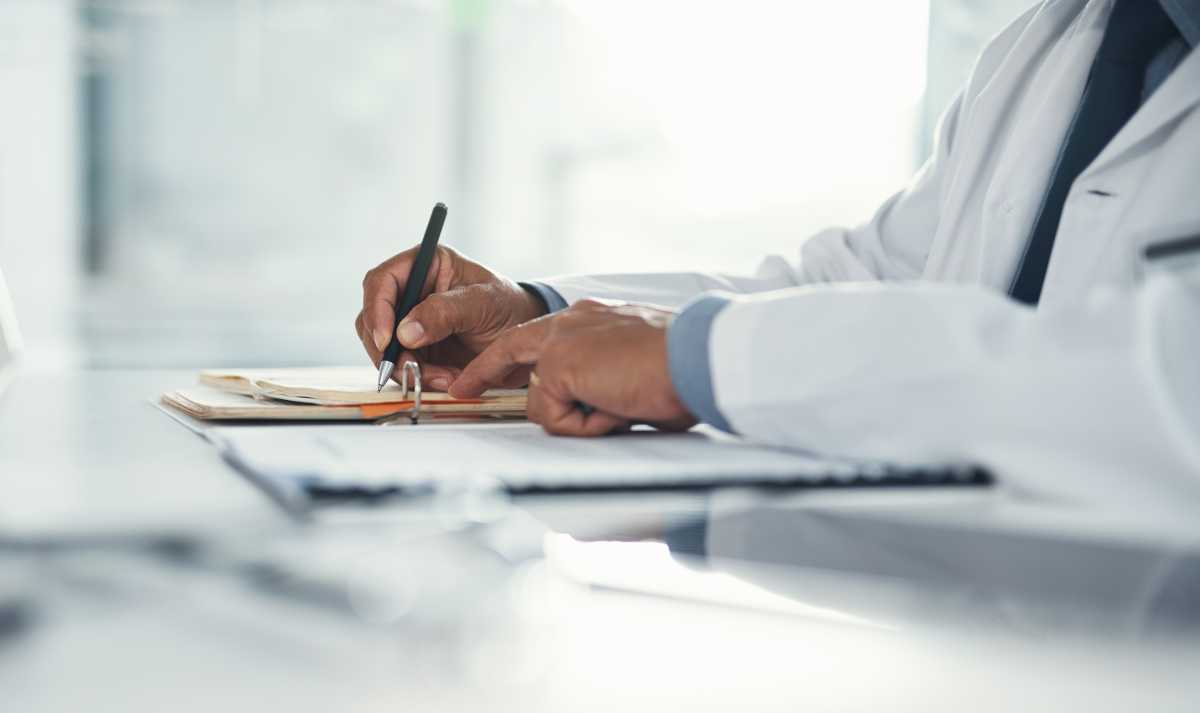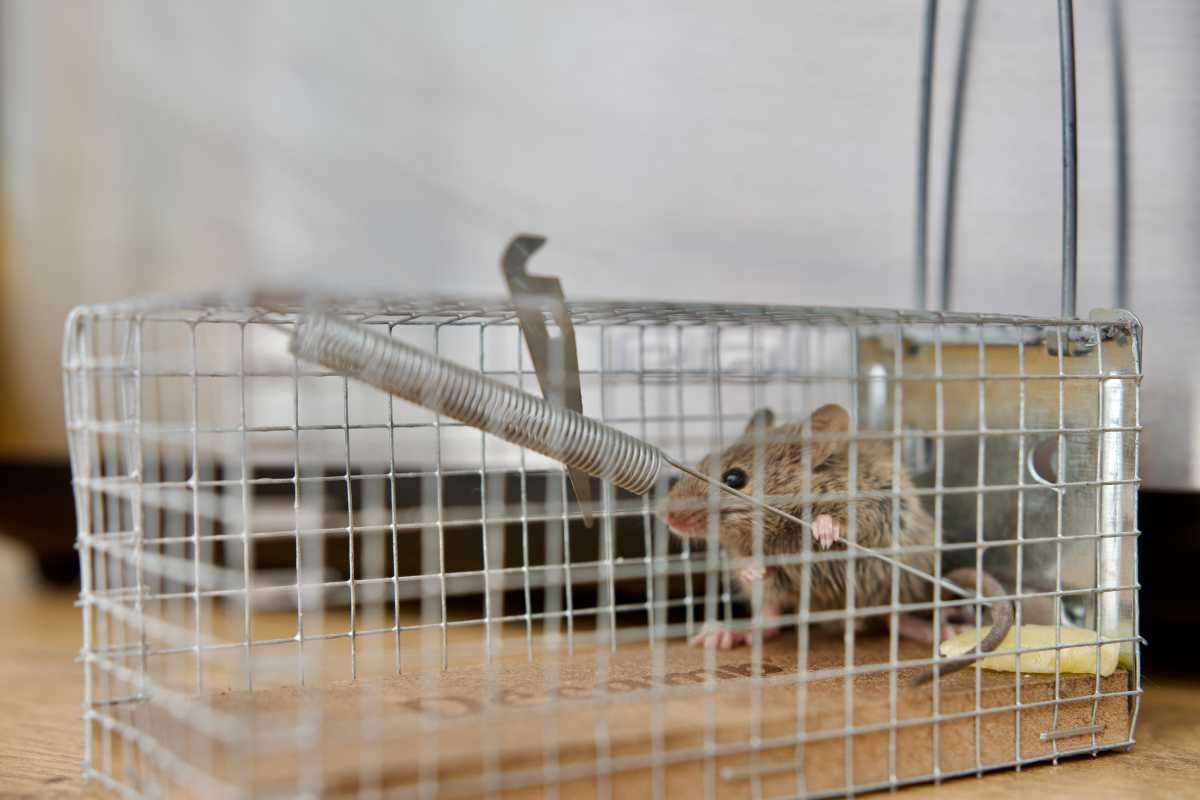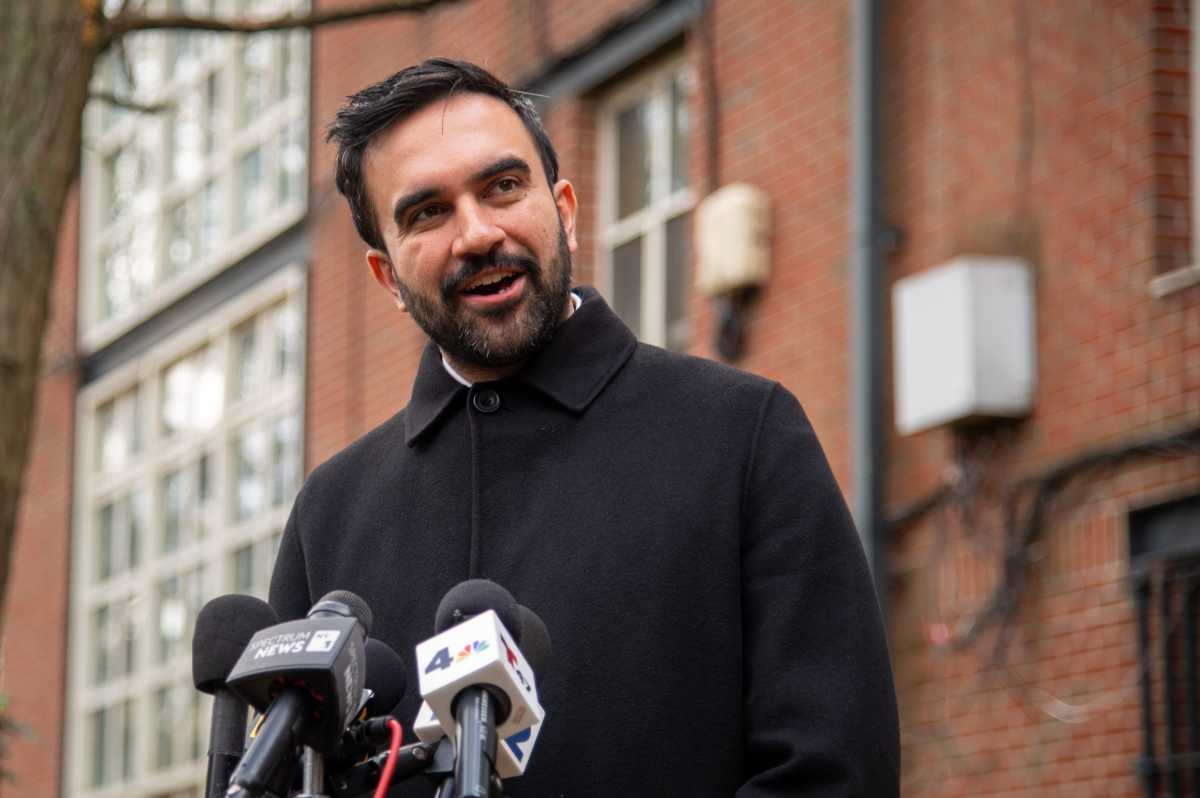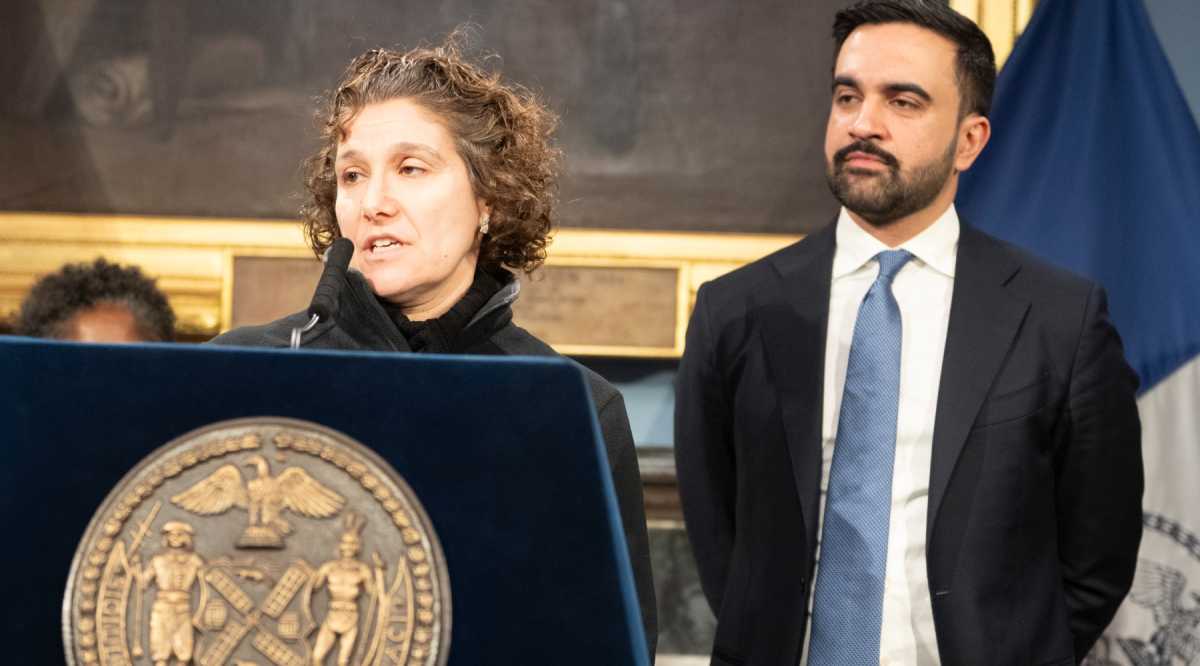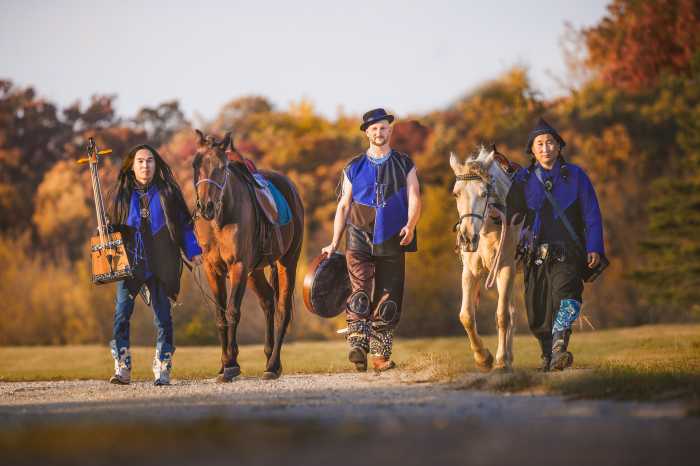With lines at local chain pharmacies like Walgreens and CVS out the door and around the corner during the COVID outbreak, smaller independent pharmacies are suddenly back in vogue as a good alternative.
And these mom-and-pop pharmacies – long a mainstay in Brooklyn neighborhoods – recently received a boost from Governor Andrew Cuomo’s announcement over the weekend that the state is allowing pharmacists to conduct diagnostic testing or a test that will determine if people have the virus, for COVID-19. The goal is to open up a network of over 5,000 pharmacies to increase testing capacity.
There hasn’t been much communication on a formal plan yet, but local pharmacists far and wide seem excited to be a part of the efforts to beat back the virus.
“When they have the plan, we can contribute to it and help the community,” said Mo Balia, owner of DM Pharmacy Inc, 519 Utica Avenue in East Flatbush. “Without standing all together, I mean, one hand doesn’t clap by itself, it’s up to us no matter how big or small.”
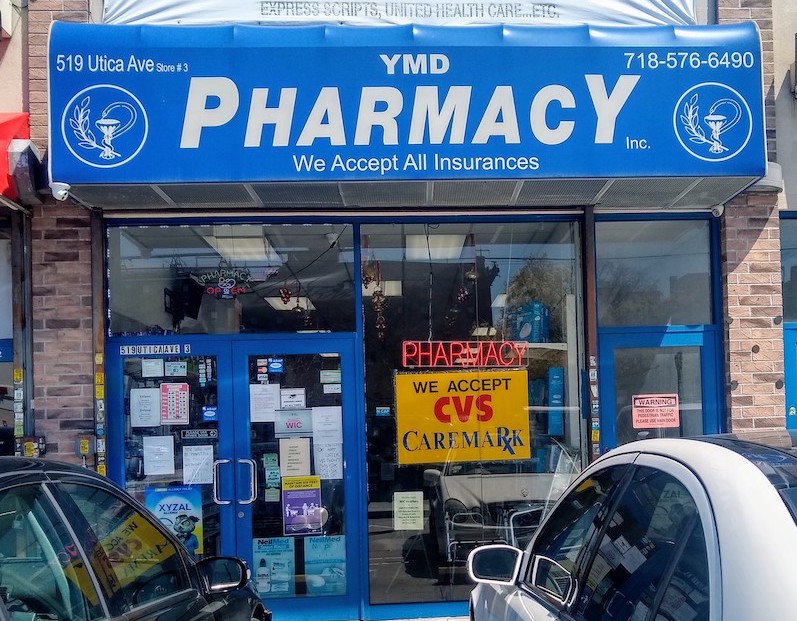
Balia has been in the neighborhood for eight years and is ready for his pharmacy to participate in the program. He complained of how expensive the testing kits are at the moment and hopes that they will be available to order from at least wholesalers.
Steve Cilento, owner of Bridge Pharmacy, 8912 Third Avenue in Bay Ridge, said he’s been checking his emails and the state’s pharmacy website regularly to stay as up-to-date as possible.
“It’d be hectic for a while, but it should be good,” said Cilento about the actual implementation of the testing, “Pharmacies are a good access point in the community. We’re open and we’re here.”
In the meantime, he’s awaiting instructions from the state on how to begin.
“Pharmacies are maybe looking at more of a collection model where we collect samples and then ship them off to a lab,” said Steve Moore, president of the Pharmacists Society of the State of New York (PSSNY). PSSNY is an advocacy group for pharmacies throughout the state.
Moore also heads Condo Pharmacy, a family-run business that’s been around since the 1940’s in Plattsburgh, New York. He said community pharmacies, in particular, are excellent at adapting to the needs of a neighborhood because they are already familiar with people.
“I would hope what comes out of this is that our healthcare professionals should be working together and if we’re all practicing at the top of our licensing and doing all the services we’re capable of doing then we’re helping the most patients and benefiting the most people,” said Moore.
Diagnostic testing is based more on priority level while antibody testing is meant for more people, said Moore. He imagines the process is meant to be low capacity and accessible so it’s likely the test will be a swab or finger prick, however, the state still has to work out the logistics and financing of it.
According to the governor’s recent reports, out of the 7,500 people tested about 14.9 percent were found to have antibodies. The reports suggest more New Yorkers may have been exposed but also have already recovered from the virus, which should aid in the state’s plans to reopen soon.
“Testing won’t work if it is impossible to get. Testing won’t work if it is too hard to get. So you have to have the right number of sites for the area that you’re dealing with,” said Cuomo in yesterday’s briefing.
Antibody testing will be conducted at Bellevue Hospital, Elmhurst Hospital Center, Montefiore Medical Center and SUNY Downstate Medical Center which is COVID-19 patients only right now.
Additionally, the state will begin conducting antibody testing for first responders, state and local police, and transit workers starting next week.


